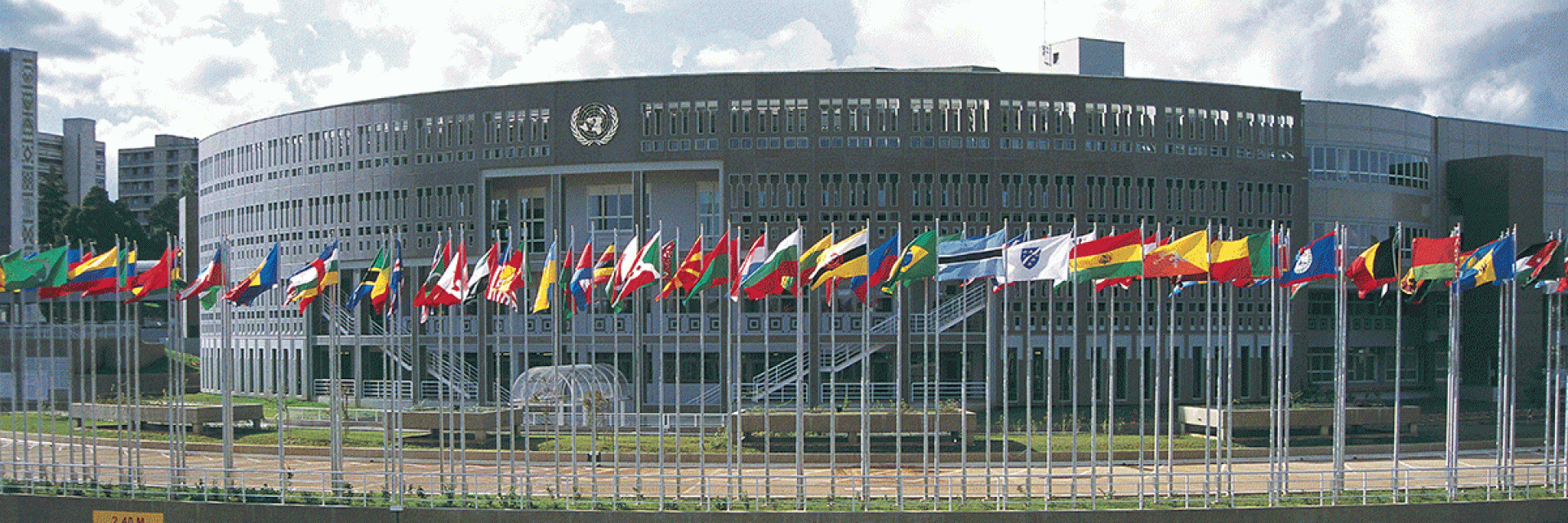Yaounde, 23 November 2018 (ECA) – Officials of United Nations agencies and other development institutions working in Central Africa, as well as those of the General Secretariat of ECCAS and the CEMAC Commission have adopted a new support framework for priority programs of these two Regional Economic Communities (RECs) for the period 2019-2023.
The adopted Third Common Indicative Program (CIP-III), aims at boosting diversification and economic resilience in Central Africa and doubling intra-regional trade to the tune of 5% through the implementation of the African Continental Free Trade Area (AfCFTA) over the next five years.
It is the result of two days of reflections and debates of the 9th session of the Central Africa Sub-regional Coordination Mechanism (SRCM-CA) of the UN system-wide support to the African Union and its Development Programme in Central Africa, held in Libreville from 20 to 21 November 2018.
The actors agreed on several programmes/projects under four main clusters, namely: structural transformation for inclusive and sustainable economic development; market access and integration in the value chain; improvement of human and social conditions; and the promotion of governance, peace and security.
CIP-III was developed on the principle that United Nations agencies and other development partners operating in Central Africa, such as the African Development Bank (AfDB), should align their actions at the sub-regional level with the pertinent expectations of the RECs in Central Africa, said the Deputy Secretary General of ECCAS – Ms. Marie Thérèse Chantal MFOULA.
According to her, it is a matter of “focusing on innovative proposals resulting from the two-day meeting, to improve the effectiveness of the action of our partners and our specialised institutions on the ground".
Ms. Mfoula said "all too often the difficulty of resource mobilization has been a stumbling block on which previous CIPs have slipped," which is why the new framework is informed by "pragmatism" that has steadily nudged all stakeholders "to choose projects whose funding processes are already in advanced stages. "
The Resident Coordinator of the United Nations System in Gabon, Mr. Stephen Jackson, noted that the new CIP takes into account the targets of the UN 2030 Sustainable Development Agenda and the African Union’s Agenda 2063.
This "harmonized and integrated approach to the implementation of the two agendas will help reduce duplication, maximize the use of resources and mobilize support from national, external and development partners", he maintained.
The adopted program is an appeal to subregional entities to provide strong complementary support to initiatives that make structural transformation and industrialization priority development objectives that fit in with the logic of “Made in Central Africa: from a vicious to a virtuous circle,” promoted by the Subregional Office for Central Africa of the United Nations Economic Commission for Africa (ECA), coordinated by Mr. Antonio Pedro.
In Mr. Pedro’s view, beyond promoting the achievement of the Sustainable Development Goals (SDGs) and Agenda 2063 in Central Africa, with the CIP III, "we have elements to work together, in a coordinated way, to advance major projects such as the effective functioning of the African Continental Free Trade Area (AfCFTA)” which “offers an extraordinary opportunity for our economies to break with the handicap of narrow markets and lack of opportunities, paving the way for a market of more than one billion consumers."
In global terms, as indicated by the Special Representative of the UN Secretary-General for Central Africa and Head of the United Nations Office in Central Africa (UNOCA), Mr. François Louncény Fall (represented at the meeting by Mr. Couthinho Sancho), the third Common Indicative Programme is in tandem with the UN Secretary-General’s reform that combines peace and security; development and humanitarian work as mutually inclusive components for effective United Nations response to global, regional and national challenges and needs.
It is in this light that he called on all actors to place conflict prevention "at the centre of all our efforts, because it is better to prevent conflict than to manage it."
Central Africa’ development partners that are part of SRCM-AC, are therefore expected to get to work immediately to ensure a positive outcome of CIP-III by the target date of 2023. Before then, a number of sessions of the mechanism would have been held to review progress and surmount difficulties.
-ENDS-
Issued by:
The Sub-Regional Office for Central Africa
UN Economic Commission for Africa (ECA)
P.O. Box 14935 Yaounde, Cameroon
Tel: (+237) 222504348 / 222504315 / 222504321
Email: sroca@uneca.org
Media Contacts
Abel Akara Ticha – Communication Officer
Tel: 237 222504348

